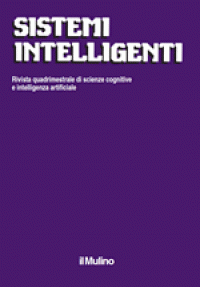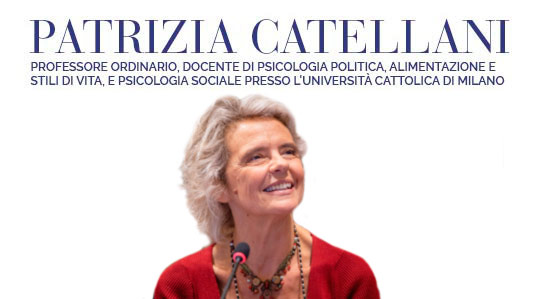 Catellani, P. (2010). Sistemi Intelligenti, 22, 209-220.
Catellani, P. (2010). Sistemi Intelligenti, 22, 209-220. ![]()
W
hen reasoning about judicial cases, people often compare reality with its alternatives, what happened with what could or should have happened. While doing this, they may refer to various types of legal and extra-legal norms. In this paper, I review research results on how people engage in counterfactual reasoning in the judicial context. Some studies have shown that the spontaneous use of counterfactual reasoning may produce a biased decision, leading jurors to focus attention on aspects that are not relevant to the legal evaluation of the case at hand. Other studies, however, have suggested that a more controlled use of counterfactual thinking may reduce reference to legally irrelevant norms. These results suggest that instructions and training programmes aimed at fostering the generation and comparison of several counterfactual alternatives may improve the quality of judicial decision making.
 Italiano (IT)
Italiano (IT)  English (UK)
English (UK) 
